As students, maintaining a balanced and healthy lifestyle is crucial to fuelling our minds for academic success. One aspect that often goes overlooked is our sugar intake. While sugar may provide a momentary burst of energy, excessive consumption can lead to various health issues. In this blog, we'll delve into the importance of sugar awareness and provide top tips on how to reduce added sugar intake, allowing you to take charge of your well-being and vitality.
1. Understand Hidden Sugars:
Be vigilant about reading food labels and look out for various forms of sugar, such as high fructose corn syrup, sucrose, maltose, and more. Even seemingly healthy foods like cereals, flavoured yogurt, and granola bars can contain a surprising amount of added sugars. The more you educate yourself about the sneaky sources of sugar, the better equipped you'll be to make informed choices.
2. Opt for Whole Foods:
Prioritize whole, unprocessed foods. Fresh fruits, vegetables, lean proteins, whole grains, and legumes should form the core of your diet. By choosing whole foods, you'll not only reduce your sugar intake but also benefit from essential nutrients and fibre that promote better digestion and overall well-being.
3. Be Wary of Sugary Beverages:
Sodas, energy drinks, and fruit juices are some of the biggest culprits when it comes to added sugar consumption. These beverages are not only loaded with empty calories but can also lead to energy crashes and dental problems. Swap sugary drinks for healthier alternatives like water, herbal teas, or naturally flavoured water with a splash of fresh fruit.
4. Eat Fresh:
Cooking your meals from scratch gives you full control over what goes into your food. When you prepare your dishes, you can choose healthier ingredients and reduce sugar levels in your recipes. Experiment with herbs, spices, and other natural flavour enhancers to add taste to your meals without relying on excess sugar.
5. Snack Smart:
Instead of sugary treats, opt for nutritious alternatives like fresh fruit, unsalted nuts, yogurt with no added sugars, or vegetable sticks with hummus.
6. Sweet Swaps:
While it's essential to reduce added sugar intake, it's also okay to satisfy your sweet tooth occasionally. Instead of reaching for sugary desserts, consider healthier alternatives like dark chocolate, fresh fruit sorbets, or homemade treats made with natural sweeteners like honey.
Becoming sugar-aware is an empowering journey towards a healthier and more balanced lifestyle. Remember, small changes can make a big difference in the long run, ensuring you have the energy and focus needed to excel in your studies and daily life. Take charge of your health, one step at a time, and let sugar awareness be your guiding light towards a brighter and sweeter future.

